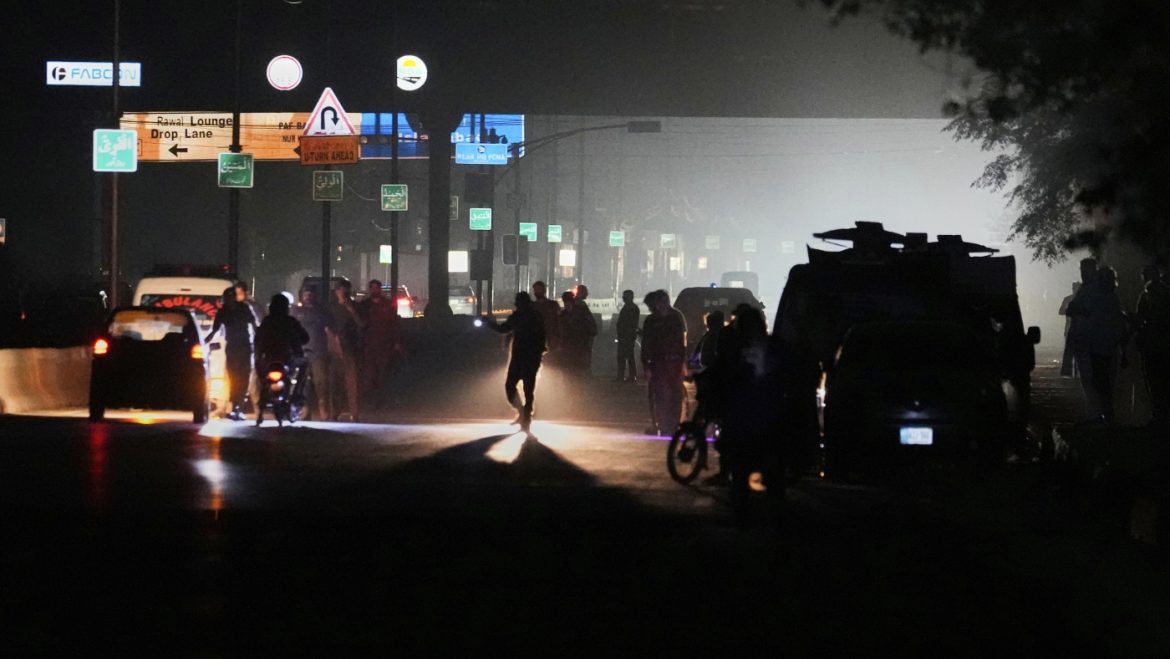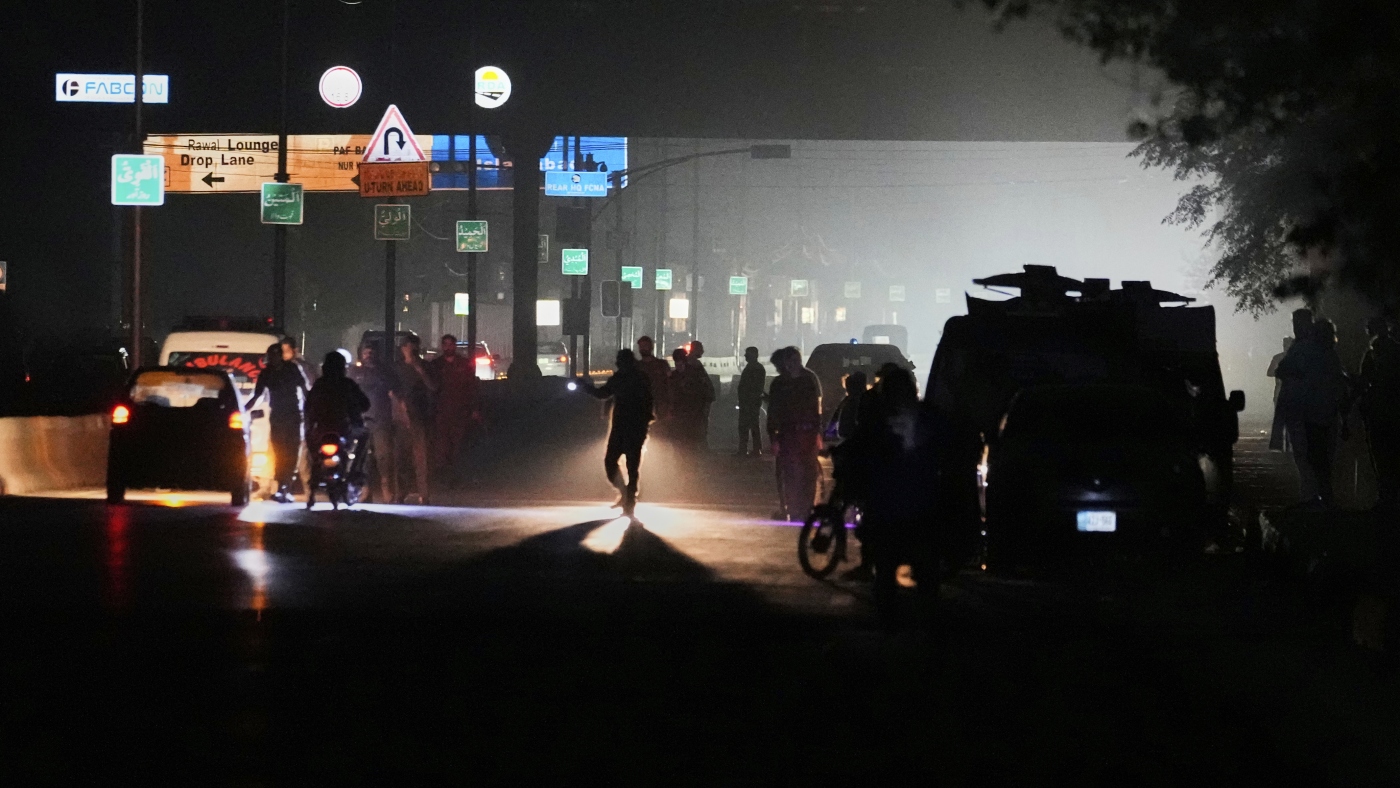Escalating Tensions: India and Pakistan’s Missile Strikes
The recent escalation between India and Pakistan has reached a critical juncture with reports of missile strikes on key military installations. Pakistan has accused India of firing missiles at three of its air bases, leading to a retaliatory response from Pakistan. This development marks a significant escalation in the long-standing conflict between the two nuclear-armed neighbors.
India’s Missile Strikes on Pakistani Air Bases
According to Pakistani authorities, India launched missiles targeting three strategic air bases within Pakistan. The targeted bases include the Nur Khan air base in Rawalpindi, the Murid air base in Chakwal, and the Rafiqui air base in the Jhang district of Punjab. The Pakistani military spokesperson emphasized that most of the missiles were intercepted, mitigating the potential damage. However, the incident has raised concerns about the potential for further escalation.
Pakistan’s Retaliatory Measures
In response to the Indian missile strikes, Pakistan initiated retaliatory actions. The Pakistani military used medium-range Fateh missiles to target an Indian missile storage facility and airbases in Pathankot. This counterstrike is seen as a symbol of Pakistan’s resolve and a direct response to what it perceives as Indian aggression.
The Broader Context of the Conflict
The current escalation is part of a broader conflict that has been simmering for years. The tensions have been fueled by a series of incidents, including a massacre last month that India blamed on Pakistan. The Pakistani ambassador to the U.S. dismissed India’s terrorism claims as “strange, ironical and farcical,” adding another layer of complexity to the diplomatic and military standoff.
Diplomatic and Military Implications
The missile strikes and retaliatory actions have significant diplomatic and military implications. Both countries possess nuclear weapons, and any further escalation could have catastrophic consequences. The international community has been closely monitoring the situation, urging both nations to exercise restraint and engage in dialogue to resolve their differences peacefully.
The Role of Media and Public Perception
State-run Pakistani media has portrayed the counterstrike as a demonstration of the nation’s resolve. The Pakistani military’s decision to name the missiles after Pakistani children killed during India’s strikes highlights the emotional and symbolic dimensions of the conflict. This narrative resonates with the public, reinforcing nationalistic sentiments and support for military action.
Future Prospects and the Need for De-escalation
The situation between India and Pakistan remains volatile, with the potential for further military action. The use of missiles and drones in recent attacks underscores the evolving nature of warfare in the region. However, it is crucial for both countries to recognize the dangers of further escalation and to seek diplomatic solutions.
Conclusion: A Call for Peace
The missile strikes and retaliatory actions between India and Pakistan highlight the urgent need for de-escalation and dialogue. The conflict has reached a dangerous point, and any further military action could have devastating consequences. It is imperative for both nations to prioritize peace and engage in constructive dialogue to resolve their differences. The international community must play a proactive role in facilitating this process, ensuring that the region remains stable and secure.


